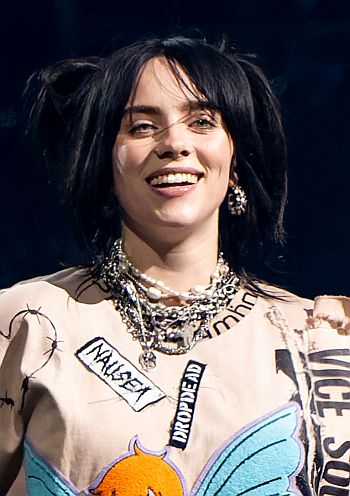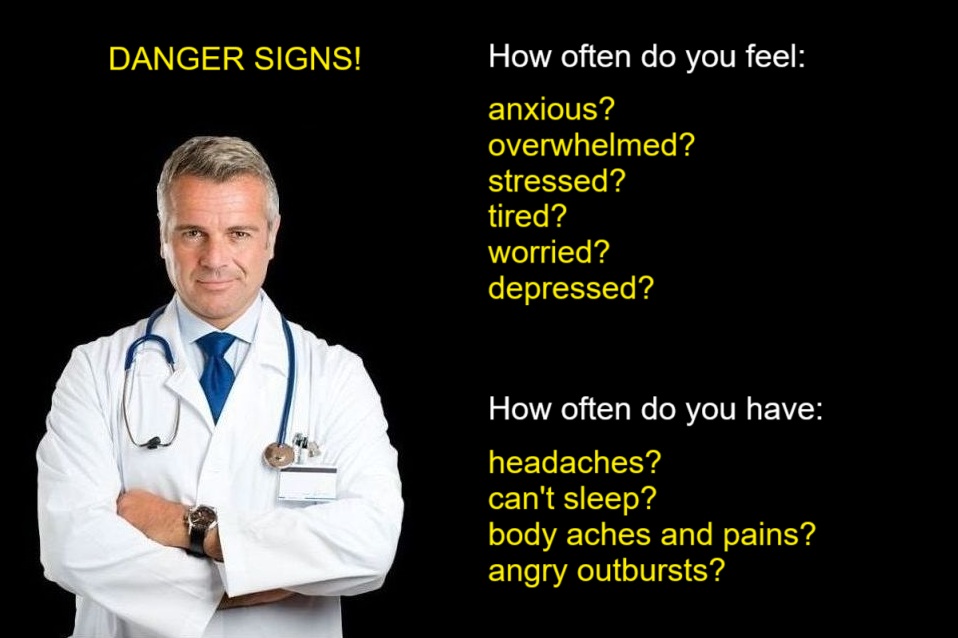Last Updated on April 6, 2025 by Bertrand Clarke
In a world saturated with manufactured pop stars and meticulously crafted personas, Billie Eilish emerged as a breath of dark, subversive air. Her rise to global superstardom is a testament to the power of authenticity, the allure of the unconventional, and the resonant voice of a generation grappling with anxieties, uncertainties, and a yearning for something real. This is not just the story of a singer; it’s the journey of a young woman who redefined the sound and aesthetic of modern pop, all while staying true to herself.
A Silver Lake Upbringing: Roots of Creativity and Individuality
Born Billie Eilish Pirate Baird O’Connell on December 18, 2001, in the bohemian enclave of Los Angeles’ Silver Lake neighborhood, Billie’s early life was steeped in artistic expression. Her parents, Maggie Baird and Patrick O’Connell, were both actors and musicians who fostered a creative environment where individuality was celebrated. Eschewing traditional schooling, Billie and her older brother Finneas were homeschooled, allowing them the freedom to explore their passions without the constraints of a rigid curriculum.
The O’Connell household was a hub of creativity. Maggie taught Billie songwriting, encouraging her to express her emotions through lyrics and melodies. Patrick, a skilled musician himself, introduced her to a diverse range of artists, from The Beatles to Green Day, shaping her eclectic musical taste. Finneas, four years older than Billie, quickly became her closest collaborator, a bond that would prove instrumental in her meteoric rise.
Growing up in Silver Lake, a neighborhood known for its artistic community and progressive values, also played a significant role in shaping Billie’s worldview. She was exposed to a diverse range of perspectives and encouraged to question societal norms. This upbringing instilled in her a strong sense of self-awareness and a willingness to challenge conventional thinking, qualities that would later define her artistry.
Early Spark: Ukulele Lessons and the Allure of the Stage
Billie’s musical journey began at a young age. She started taking ukulele lessons at six and joined the Los Angeles Children’s Chorus at eight. The choir provided her with a solid foundation in vocal technique and harmony, honing her natural talent and instilling in her a love for performing.
While she enjoyed singing, Billie also had a passion for dance. She took dance classes for several years, exploring various styles, including hip-hop and contemporary. Dance not only provided her with a physical outlet but also helped her develop her stage presence and ability to connect with an audience. However, a growth plate injury at the age of 13 forced her to abandon her dance aspirations, a setback that ultimately fueled her focus on music.
Ocean Eyes: The Serendipitous Hit That Launched a Career
The pivotal moment in Billie’s career came in 2015 when Finneas asked her to record a song he had written called “Ocean Eyes.” Originally intended for Finneas’ band, the song resonated deeply with Billie, who infused it with her signature haunting vocals and introspective delivery. They uploaded the song to SoundCloud, primarily as a way for Billie’s dance teacher to use it for a routine.
To their surprise, “Ocean Eyes” went viral, garnering millions of streams in a matter of weeks. The song’s ethereal soundscape, coupled with Billie’s captivating vocals and the mysterious lyrics, captivated listeners around the world. Major record labels came calling, eager to sign the young artist with the undeniable “it” factor.
In 2016, Billie signed with Interscope Records and Darkroom, marking the official beginning of her professional music career. “Ocean Eyes” was re-released, further amplifying its reach and solidifying Billie’s status as a rising star.
Don’t Smile at Me: Establishing a Unique Sonic Identity
In 2017, Billie released her debut EP, “Don’t Smile at Me.” The EP showcased her unique sonic identity, blending elements of pop, electronic, and alternative music. Her lyrics explored themes of anxiety, depression, and heartbreak, resonating with a generation grappling with similar issues.
The EP spawned several popular tracks, including “bellyache,” “idontwannabeyouanymore,” and “watch.” These songs further cemented Billie’s status as a voice of her generation, capturing the anxieties and frustrations of teenagers and young adults in a raw and honest way.
Billie’s unconventional style also contributed to her growing popularity. She rejected the hyper-sexualized image often associated with female pop stars, opting instead for baggy clothes and a deliberately androgynous look. Her fashion choices were a statement of rebellion, a rejection of societal expectations, and a celebration of individuality.
WHEN WE ALL FALL ASLEEP, WHERE DO WE GO?: Global Domination
In 2019, Billie Eilish released her debut album, “WHEN WE ALL FALL ASLEEP, WHERE DO WE GO?,” a groundbreaking record that catapulted her to global superstardom. The album, entirely co-written and produced by Finneas in their childhood bedroom, was a critical and commercial triumph, topping charts around the world and earning her numerous awards, including five Grammy Awards.
“WHEN WE ALL FALL ASLEEP, WHERE DO WE GO?” was a sonic exploration of the darker aspects of the human psyche. The album delved into themes of nightmares, sleep paralysis, and the anxieties that plague the subconscious mind. Tracks like “bury a friend,” “bad guy,” and “when the party’s over” became instant hits, dominating airwaves and streaming platforms.
The album’s success was a testament to Billie’s ability to connect with listeners on a deeply emotional level. Her music resonated with a generation struggling with mental health issues and a sense of uncertainty about the future. She became a role model for young people who felt misunderstood, offering them a voice and a sense of belonging.
Happier Than Ever: Navigating Fame and Personal Growth
In 2021, Billie released her second studio album, “Happier Than Ever.” The album reflected on her experiences with fame, the pressures of public scrutiny, and the challenges of navigating personal relationships in the spotlight. While still exploring dark and introspective themes, “Happier Than Ever” also showcased a newfound sense of maturity and self-awareness.
The album’s title track, “Happier Than Ever,” became an anthem for those who have overcome toxic relationships and found strength in their own independence. Other notable tracks included “my future,” “Therefore I Am,” and “Your Power,” which addressed issues of abuse and power dynamics.
“Happier Than Ever” solidified Billie’s status as a serious artist, demonstrating her ability to evolve and experiment with her sound while staying true to her core values. The album was another critical and commercial success, further cementing her place in music history.
Beyond the Music: Activism, Authenticity, and Enduring Influence
Billie Eilish’s impact extends far beyond her music. She has used her platform to advocate for various social and environmental causes, including climate change, animal rights, and mental health awareness. She has been vocal about her own struggles with anxiety and depression, encouraging her fans to seek help and prioritize their mental well-being.
Billie’s authenticity and unwillingness to conform to societal expectations have made her a role model for young people around the world. She has shown that it is possible to be successful and stay true to yourself, even in the face of intense pressure and scrutiny.
Her influence on music, fashion, and popular culture is undeniable. She has inspired a generation of artists to embrace their individuality and create music that is honest, raw, and emotionally resonant. Billie Eilish is more than just a pop star; she is a cultural icon, a voice for a generation, and a force to be reckoned with. Her journey from gloomy bedrooms to global stages is a testament to the power of authenticity, the allure of the unconventional, and the enduring impact of a young woman who dared to be herself.










